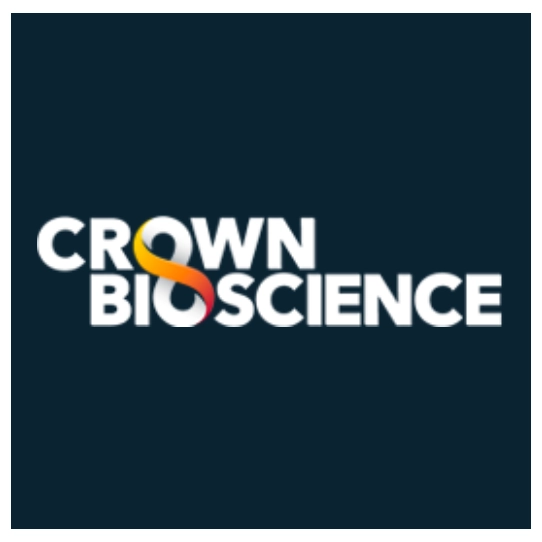Growing the Future of Cancer Research: Inside the Promise of Organoids
In an era where precision and predictability define the future of oncology, organoid technology is emerging as a transformative tool in drug discovery. These miniature, lab-grown 3D tissues mirror real human biology more closely than traditional 2D models or even animal systems, offering researchers the potential to predict patient-specific drug responses. As organoids become more standardized and accessible, their use is expanding across the drug development pipeline—from basic biology to clinical trial simulation.
But what makes organoids different from tumoroids, and how close are we to seeing them as a new gold standard in immuno-oncology research?
In this episode of CrownCast by Crown BioScience, host Jonny McMichael speaks with Dr. Leo Price, Senior Vice President of Corporate Innovation, about the origin, current applications, and future of organoid models. Together, they explore why organoids are attracting increasing attention from pharma and biotech, the crucial role of stem cell-derived differentiation, and how the platform is reshaping translational and personalized medicine.
Key takeaways from the episode:
-
Organoids offer superior biological relevance by preserving the complexity and heterogeneity of patient-derived tissues.
-
Clinical studies show high correlation between organoid drug responses and real patient outcomes, boosting confidence in their predictive power.
-
The field is advancing rapidly with innovations in high-throughput screening, reagent standardization, and immune-oncology integration.
Dr. Leo Price is a cell biologist with over 20 years of experience in oncology model development. He earned his PhD in cell physiology and completed a postdoctoral fellowship at Scripps Research in California. Before joining Crown BioScience, he served as CEO of OcellO, a pioneer in high-content imaging for 3D cell cultures.




